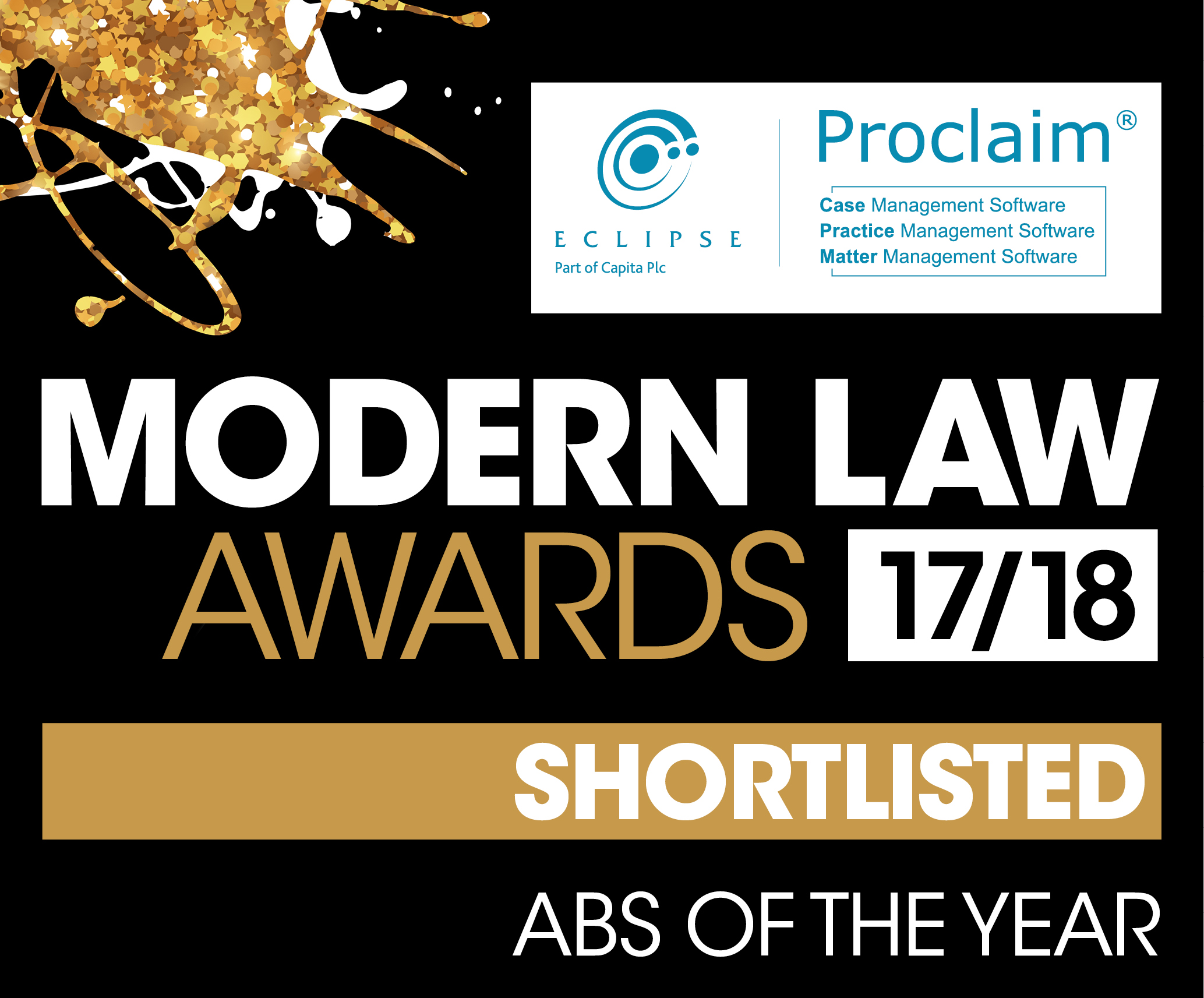Food fraud is a worldwide problem and a problem that looks set to grow given the continuing globalisation of the food supply chain.
In a recent blog we looked at specific examples of the types of food fraud being committed in Italy and the USA but thankfully it appears recent reports suggest some countries in Europe are starting to take definite action to stem the rise of food fraud.
The Norwegian Institute of Food, Fisheries and Aquaculture Research (NOFIMA) is spearheading a Europe-wide campaign to improve the communication of food frauds. Working alongside the UK’s Government Chemist (who played a major part in the horsemeat scandal in 2013) and Food Authenticity Network and a number of other European bodies from the Netherlands and Estonia in particular, a European standard definition of the terms and concepts involved in food frauds is being created. It is felt that once this is put into circulation via Europe’s various National Standardisation Bodies it will make it easier for countries to understand exactly what is involved in food fraud and how the pieces relate to each other.
Traditionally food fraud has been the responsibility of law enforcement but as this initiative shows there is an increasing role for scientists to play. They are arguably best placed to make an informed judgement as to whether the food we buy in shops and restaurants is safe to eat and delivered in packaging that accurately reports its contents. This is an issue that is in ever sharper focus following several recent high-profile food fraud incidents in which customers fond their favourite foods contained a range of unwanted extras.
Some of these ‘extras’ are residual, i.e. toxins that unintentionally arise from certain stages in the food production process like pesticides that haven’t been removed or metals that have been absorbed by crops raised in contaminated soil.
However, the majority are the product of deliberate fraud.
Food fraud covers any act of altering food products and recent estimates claim food fraud is costing the international food industry around £30bn a year. It is certainly not a new phenomenon; instances of food fraud have been recorded for since the 18th century when the watering or colouring of milk and the adding lead to wine or beer to make it more potent were first reported.
However, the extended reach of today’s media has forced food fraud even more prominently into the public consciousness.
In 2013 the UK was rocked by the horsemeat scandal in which it was revealed the beef being promoted in certain products by several supermarkets had actually come from horses rather than cows but perhaps the most notorious fraud affected China in 2008. Hundreds of thousands of babies were poisoned by milk powder contaminated with melamine, a compound used to manufacture plastics, fertilizers and flame-retardants.
Even though these frauds and their effects were widely reported many food products including alcohol, honey, olive oil, seafood (which we looked at specifically in our last blog) and fruit juices are still finding themselves at the centre of brand new food frauds.
And this is where we need more help from our scientists. Stopping food fraud is going to rely on understanding exactly what is in food products and that requires detailed analysis to identify potential contaminants and food producers implementing much more rigorous in-house quality control procedures and that is a change that will need to be led by scientists rather than police officers.
If you have been the victim of food fraud or have been mis-sold any type of product to the detriment of your business, please call us today on 020 7792 5649 or email us at This email address is being protected from spambots. You need JavaScript enabled to view it..
We will help.




